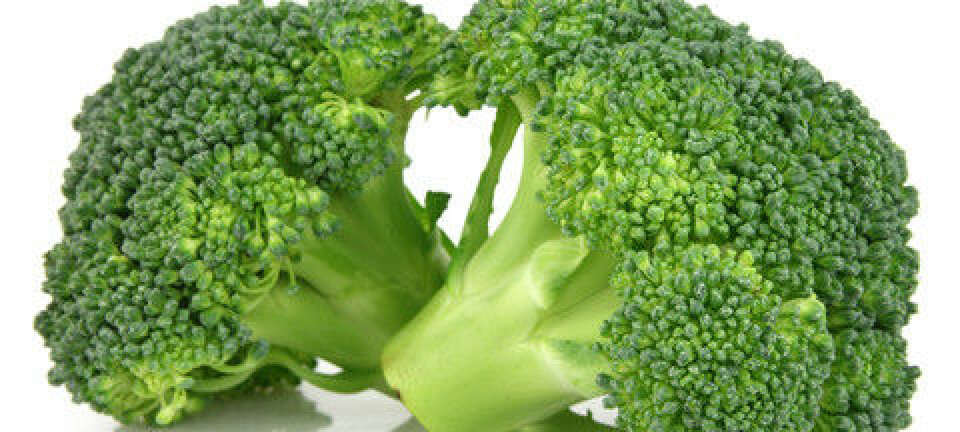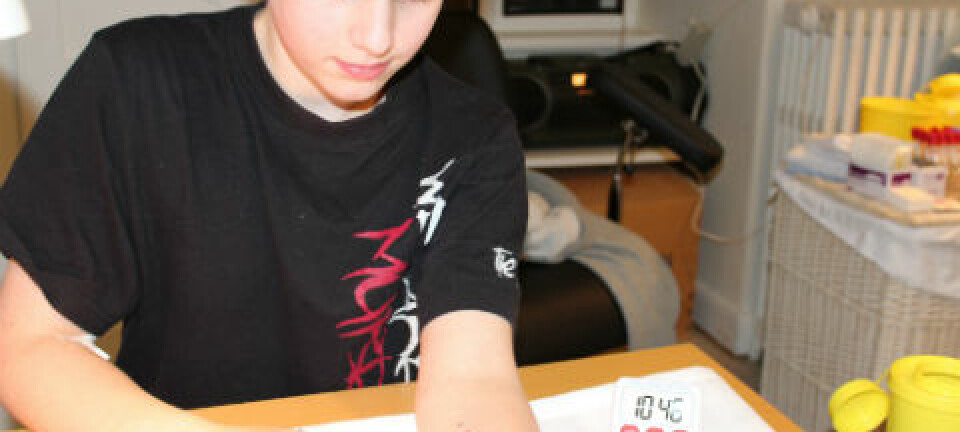This article was produced and financed by University of Bergen

Surviving pandemics with tobacco plants
So far, the tobacco plant has done more harm than good. But in the future, the plant may be used as part of a life-saving vaccine.
Denne artikkelen er over ti år gammel og kan inneholde utdatert informasjon.
With the present egg-based vaccines, there are rarely enough vaccines to cover everyone when pandemics strike. Producing vaccines is also consuming, taking as long as half a year to produce the necessary vaccines.
But now it turns out that the tobacco plant can provide us with a solution to the vaccine shortage.
"By using the tobacco plant rather than eggs for vaccines, we could produce far more vaccines and more quickly," says Postdoctoral fellow Åsne Jul-Larsen at the University of Bergen’s Department of Clinical Science.
Tobacco vaccine ready in 10 years
Together with colleagues Jul-Larsen has done extensive tests of what may become a tobacco-based vaccine. The study was published in the journal Human vaccines & Immunotherapeutics.

"In blood samples from health workers who had been vaccinated against swine flu, we ran tests to see whether the protein in the tobacco plant connected with the antibodies in the blood stream. This turned out to be the case," she says.
Jul-Larsen got the genetically engineered tobacco plant protein from the research institute Fraunhofer USA. Fraunhofer recently tested the vaccine in humans with encouraging results. If the next phases of testing go as smoothly, there may well be a tobacco-based vaccine in the market in about 10 years time.
Free of allergies
If you look at it from a common perspective, what is the main difference between an egg-based and a tobacco vaccine?
"Primarily, a tobacco-based vaccine will be more readily available, in quantity and delivered more quickly. There are also fewer issues with allergies with plant-based medicines rather than those based on eggs. To date there are no known allergies to plant substances. The main drawback is that there is some time-consuming work to be done on making a tobacco-vaccine as efficient as the best egg-based vaccines", says Jul-Larsen.
Is there any danger that such as vaccine will trigger nicotine-addiction in people?
"No, we are talking about microscopic levels of tobacco protein in any given vaccine," she says.
The advantage of large leaves
Why makes the tobacco plant so good for creating a new vaccine?
"The large leaves make it easy to use the tobacco plant. The plant is genetically modified to produce large quantities of virus proteins, which can be extracted from the leaves in a laboratory. This way you get many vaccine dosages from a comparatively low biomass. In contrast to egg-vaccine production this method involves no cultivation of live viruses," Jul-Larsen explains.
Translated by: Sverre Ole Drønen



































